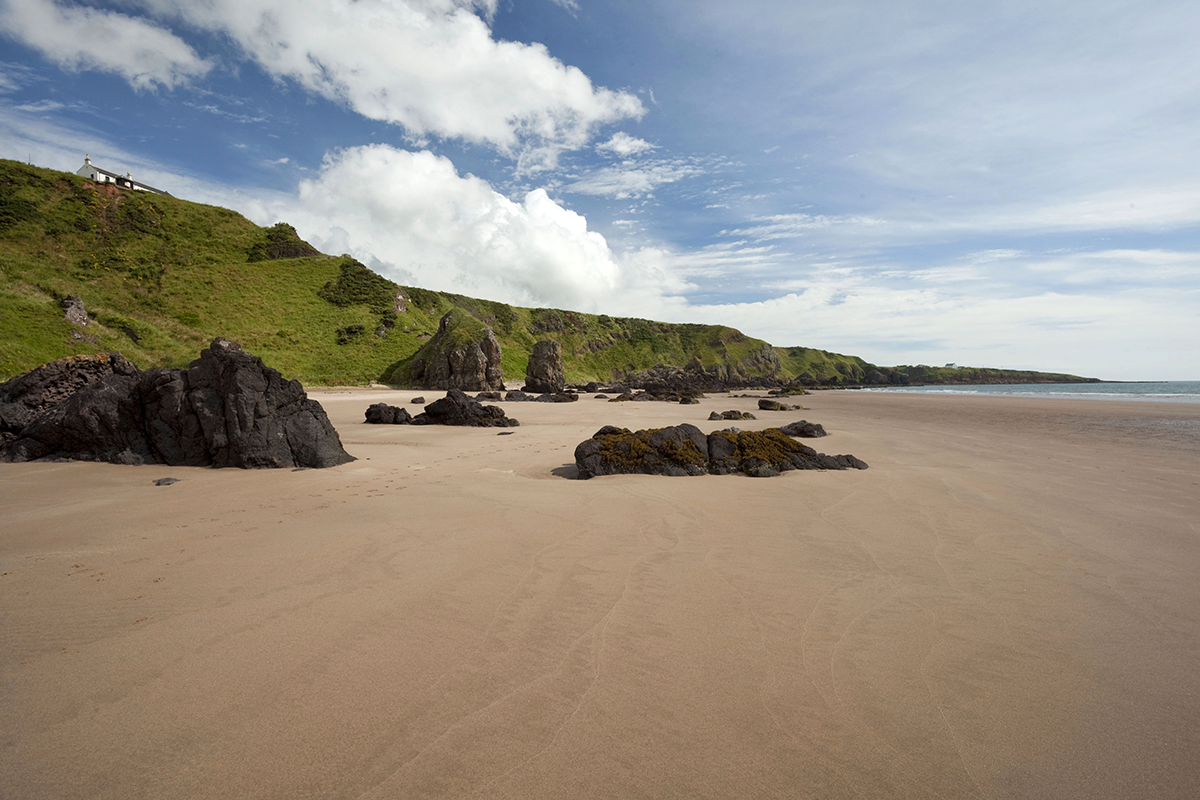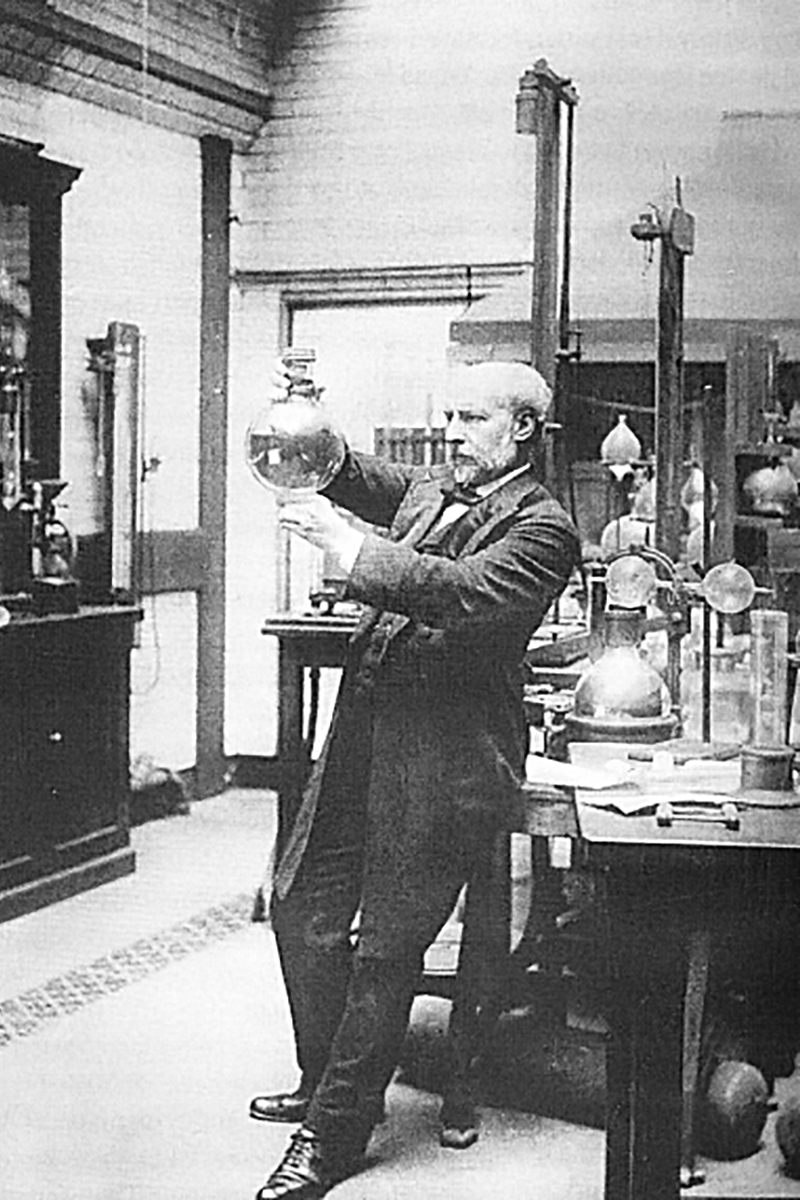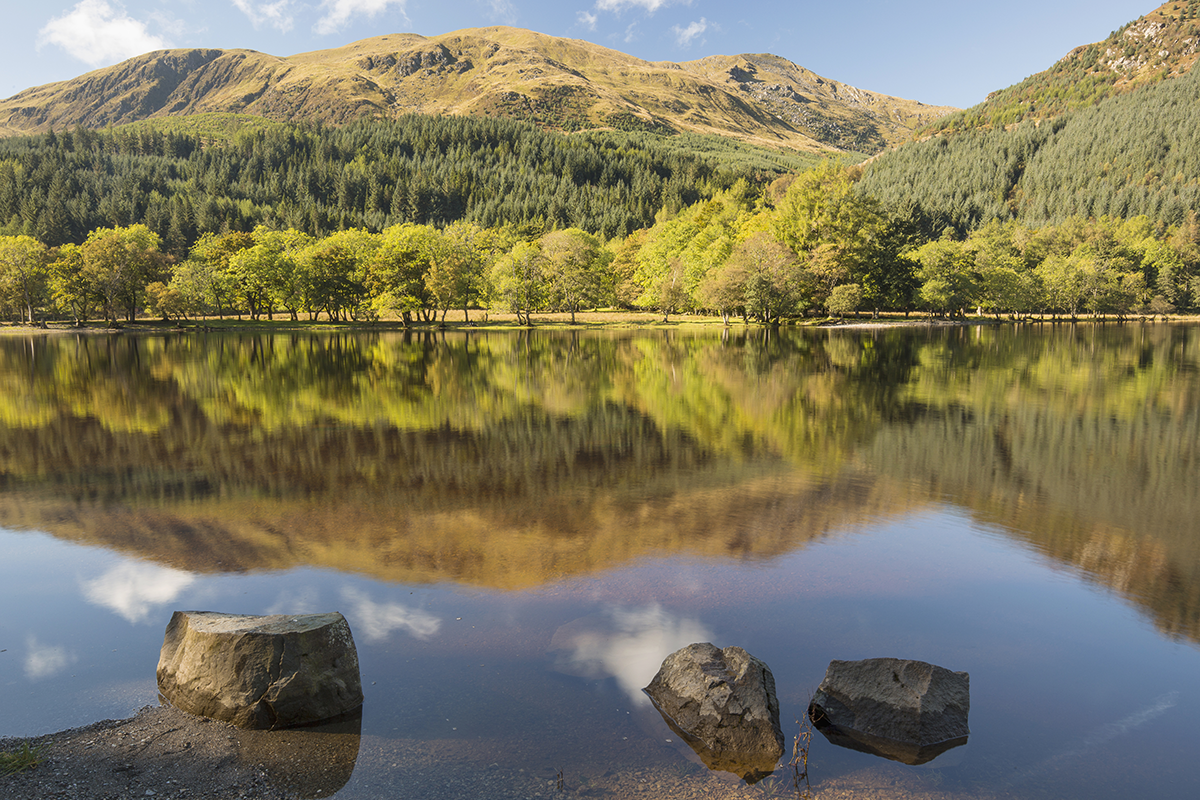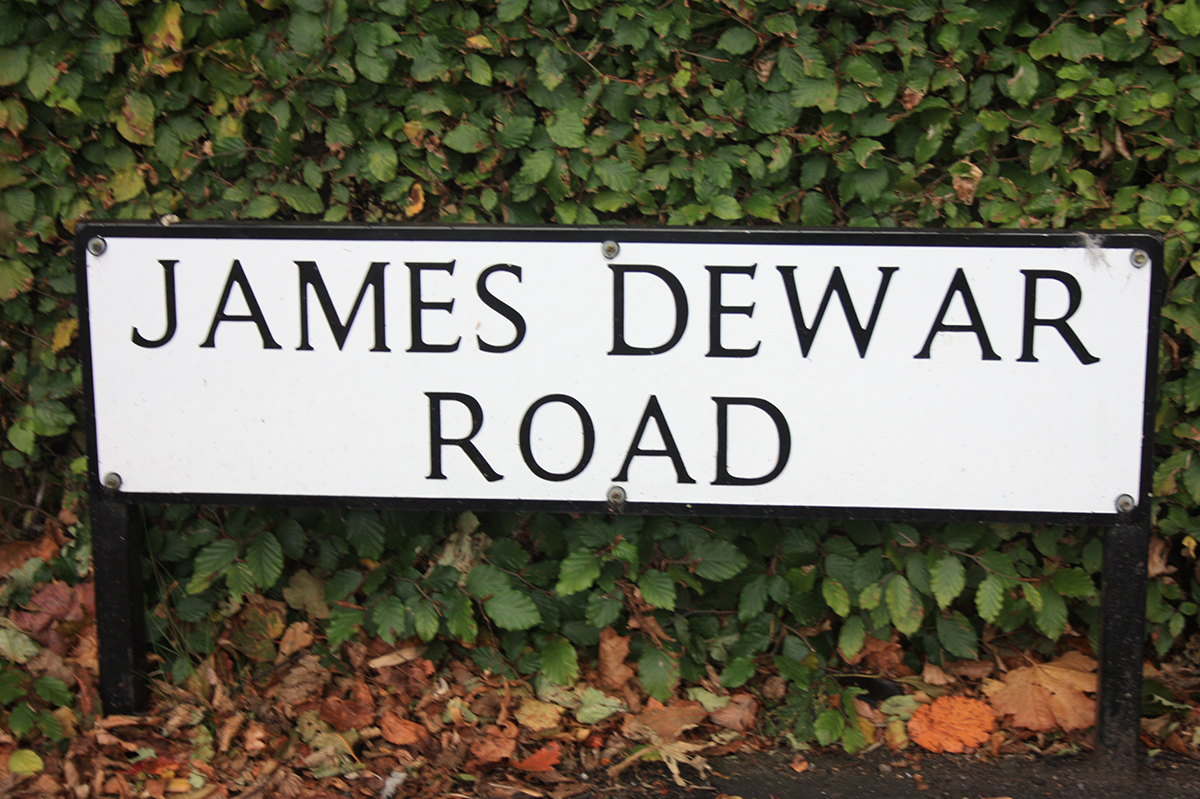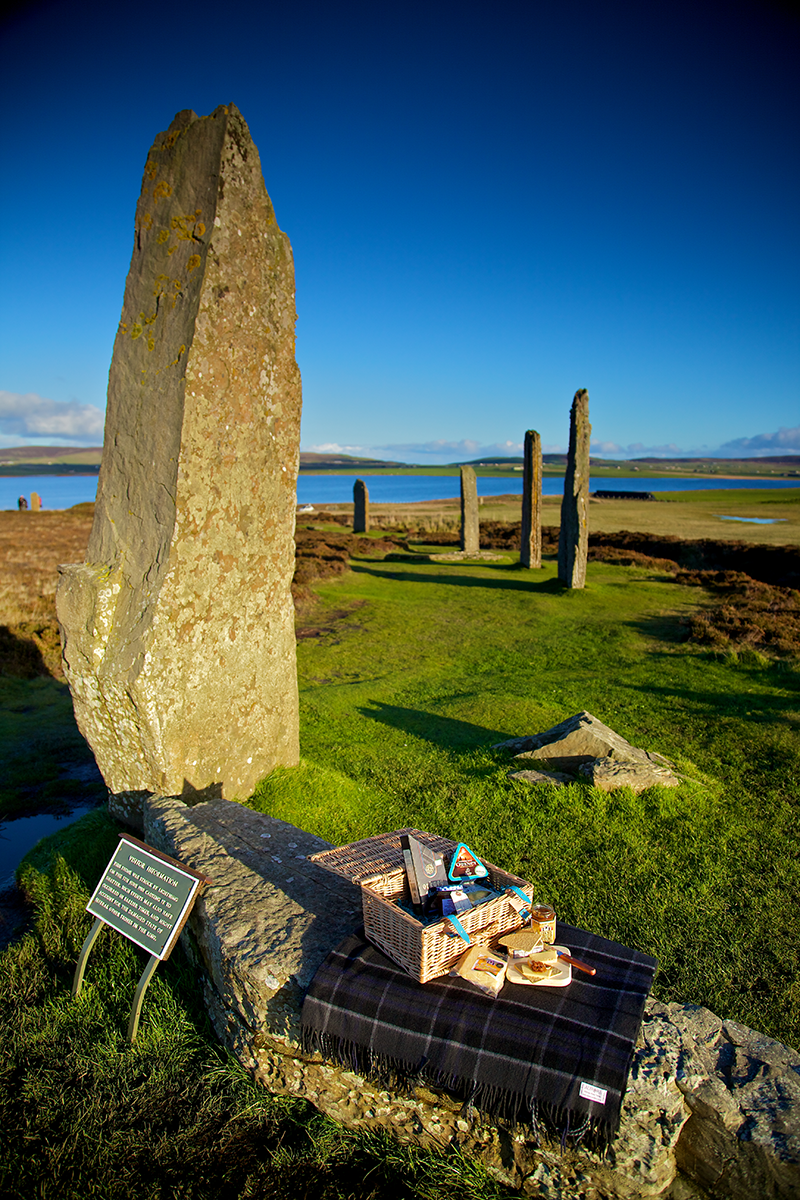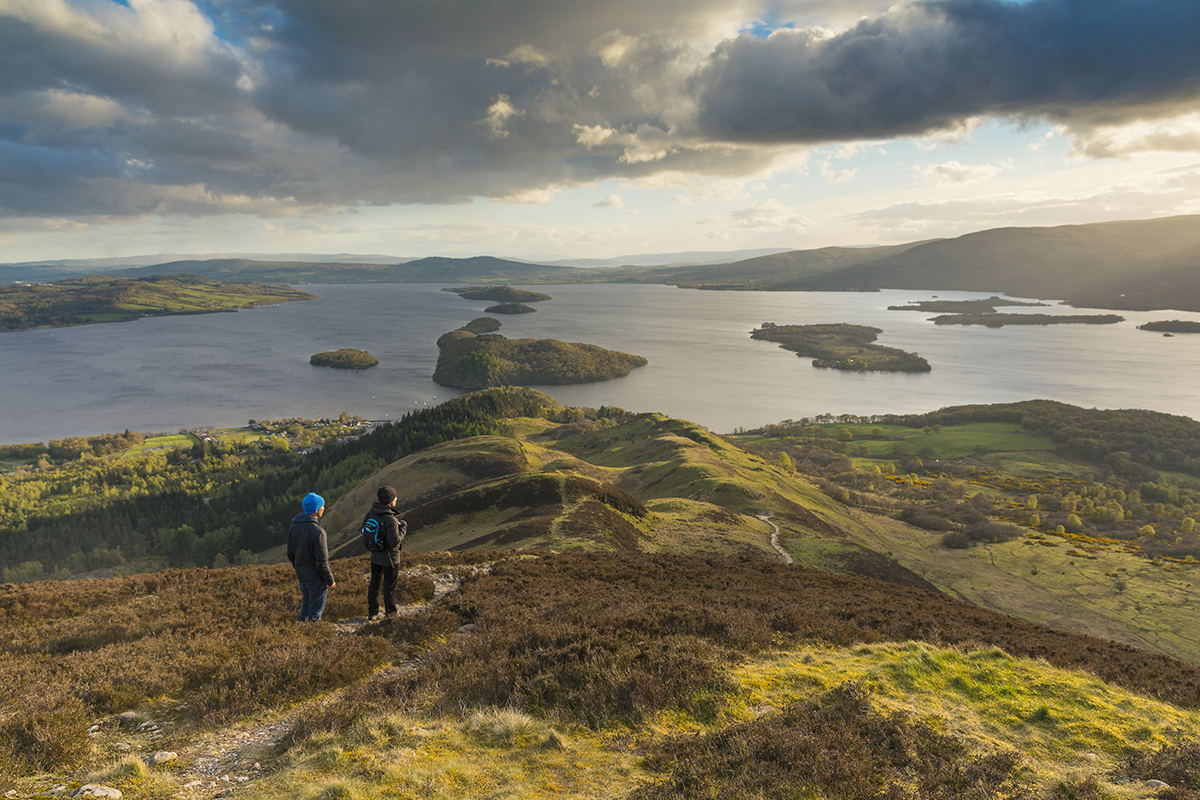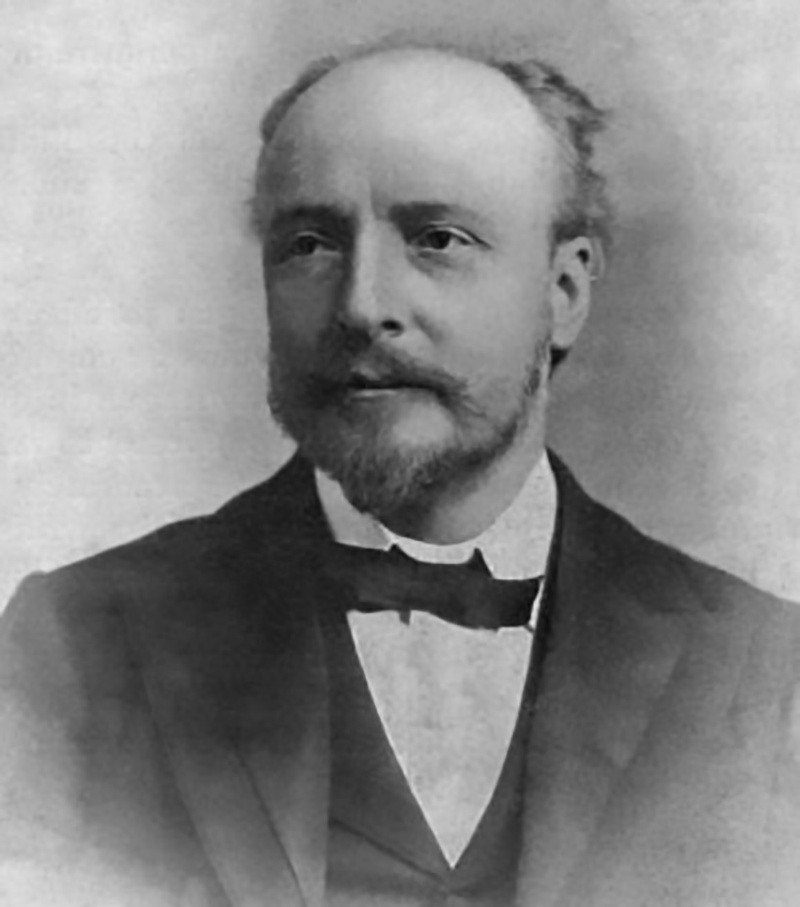Whenever you break out the Thermos to enjoy a hot or cold picnic drink spare a thought for Scots scientist Sir James Dewar who invented the vacuum flask.
For those who grew up from the 1950s onwards most memories of a family picnic involve a tartan rug, glass lemonade bottles and a vacuum flask filled with milky tea or coffee.
Indeed the tartan thermos flask of those halcyon days became so ubiquitous that for generations of picnickers, Sunday drivers and long-distance train or bus passengers it was an essential piece of kit no serious traveller would ever leave home without.
Today, those early flasks have evolved in a range of ways to create an industry projected to grow from almost £4billion pounds in 2021 to around £6billion a year by the end of the decade.
However despite the vacuum flask being an every day item we take for granted few people ever think about the origins of these magic-like, cylindrical containers which keep our favourite beverages hot or cold for hours on end.
The very first vacuum flask was invented by Scottish scientist Sir James Dewar in 1892. Born on the 20 September 1842 in Kincardine-on-Forth he went on to become a world renowned scientist for his work in the fields of chemistry and physics. It was while researching cryogenics that he came up with the idea of designing a brass chamber enclosed in another to keep the temperature of the contents stable.
Unfortunately Dewar didn’t patent his invention and its commercial uses were quickly spotted by two entrepreneurial German glassblowers, Reinhold Burger and Albert Aschenbrenner who realised it could keep drinks warm or cold. They released their first domestic flask, called Thermos, to an eagerly receptive public in 1904. The rest, as they say, is history.
Although Thermos remains a registered trademark it has become a household name for almost any kind of vacuum-insulated container for liquids. These days designs based on Dewar’s initial idea are used for storing food and other items, and even as insulated shipping containers.
Among alfresco diners, packed-lunch enthusiasts and self-catering travellers the vacuum flask is more popular than ever, yet there is little to commemorate the man who made it all possible.
“Sir James appears to have been a very modest man, despite his considerable achievements,” said Colin Anderson, a volunteer with the Kincardine-on-Forth Local History Group.
“The same modesty that prevented him patenting the flask he invented, so others could freely benefit from it, extended to leaving explicit instructions in his will and with his wife that: “no Bursary, Fellowship, Scholarship, Annual Lecture or any other memorial be founded or connected with his name by public subscription and that no biography of his life should be published as a separate book”.
“It is in respect of his wishes that the number of public acknowledgements of him are equally modest, even in and around his birthplace of Kincardine whose inhabitants are understandably proud of him.”
However, Sir James is remembered in a few subtle ways around the town. There is a small plaque on the side of the former Unicorn Hotel that records the building as the location of his birth; a public art installation commissioned as part of a project to demolish three tower blocks that defined the town's skyline from 1970 to 2013; and a street, Dewar Avenue, that carries his name.
Sir James also forms part of the geocache trail that was added to the town in 2007. The "Go Forth To Kincardine!" geocache takes visitors on a roughly circular guided walk around the town, including a visit to the former Unicorn Hotel.
Perhaps the most modest of all memorials to the man is his invention’s role in the humble picnic. Picnics are popular throughout the year in Scotland as locals and tourists flock to numerous scenic spots around the country. Whether it’s a sandwich, cake and flask of coffee by the seaside or an elaborate hamper of smoked salmon, grouse and a chilled cocktail overlooking a majestic landscape there are thousands of locations from which to choose.
So, this September as the leaves are turning golden and the weather is still fairly mild (usually) spread out the tartan rug, unpack the food hamper, pour yourself something from the vacuum flask and raise a toast to Sir James Dewar, a modest Scottish hero who deserves never to be forgotten.

